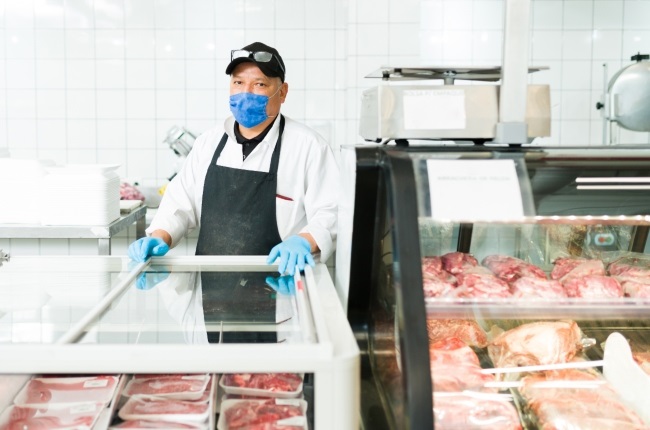
The ban on the selling of rotisserie chickens during the Covid-19 hard lockdown nearly created a riot.
People were up in arms. First the government ordered us to stay at home for 21 days to stay safe from coronavirus, then they took away our right to buy ciggies and booze, now they wouldn't let us get our delicious, buttery grilled chicken?
It created hysteria – but only on social media as these were the early days of the current pandemic.
Swine flu, which often reoccurs around autumn in many countries, is threatening to destabilise the economy and plunge millions of households already struggling with food inflation deeper into debt just to afford the basics – bread, fruit and veg, oil, grains and chicken.
As more cases of the highly pathogenic avian influenza (HPAI) are reported across the globe, economist Paul Makube tells Drum, "the biosecurity challenge continues".
For years, local suppliers of broiler chicken have complained about how imports of frozen chicken aren't giving them a fighting chance. Brazil is the biggest exporter but its poultry industry has also been battered by bird flu.
Read more | Handle Black Tax Like a Pro author Ndumi Hadebe explains why choosing debt over boundaries is unwise
"The HPAI virus is highly contagious among birds and the usual response from authorities is culling and quarantine of affected properties followed by import bans," says the Senior Agricultural Economist at FNB Agri-Business.
"Recent cases include an outbreak in wild birds in Brazil’s Rio Grande do Sol according to the country’s association of animal protein (ABPA). An outbreak of HPAI in Mexico recently prompted the Hong Kong authorities to suspend the country’s imports of poultry meat and products."
Where does this change in supply and demand leave the average South African consumer looking for the cheapest eggs and frozen chickens as we battle to survive in tough economic times with high repo rates, unemployment and food inflation?
Read more | Eggs are safe to eat, department of agriculture says as consumers worry about bird flu"In South Africa," says Paul, "a total of five HPAI cases were recently detected and confirmed in five commercial chicken operations in the Western Cape province. Consequently, a total of 550 thousand layers were depopulated and the properties were placed under quarantine to prevent the distribution of live birds and eggs.
"Although this creates an imbalance in supply and demand, it will have a short-term impact as the outbreak is confined to the WC and the culled birds make a small proportion of the national layer flock. Historically, shortages due to production challenges in the Western Cape were met by imports from the rest of the country’s inland provinces.
"Producers are currently operating under tough conditions with intermittent electricity supply which still comes at a high cost with Eskom tariffs haven risen by 18.5%, higher cost of running diesel generators for extended period, as well as the delipidated road infrastructure that increase distribution costs.
"All these have almost outweighed the benefit of the 21% y/y decline in maize prices (-R999/t) which averaged R3,684/t and R3,592/t for yellow and white maize respectively in May 2023. This is critical for profitability as maize is a major ingredient in chicken feed."



















